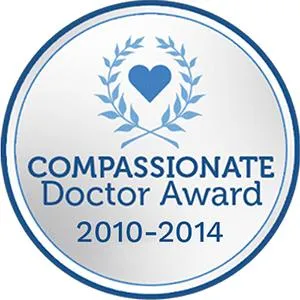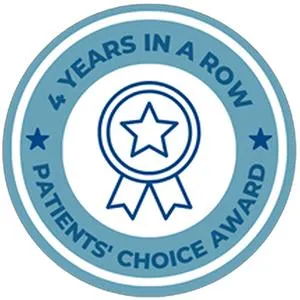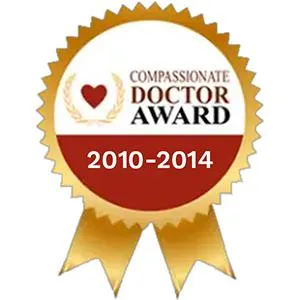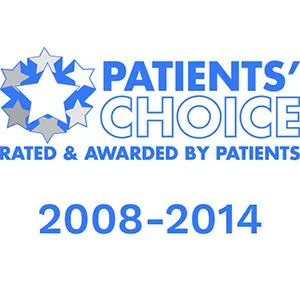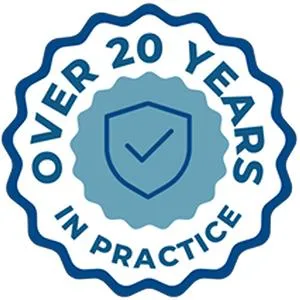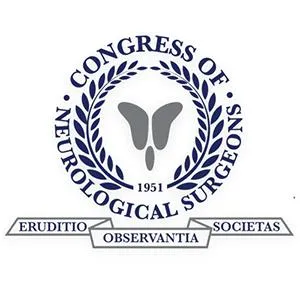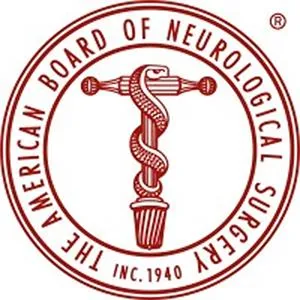Experiencing Back Pain?
Back Pain Conditions
Understanding and Treating Back Pain
Back pain is one of the most common medical problems in the United States, affecting nearly everyone at some point in life. While most cases improve with rest and conservative care, persistent or severe pain may signal an underlying spine condition. At Desert Spine and Pain, we help patients in Phoenix and across Arizona get to the root of their back pain and find lasting relief. Led by Dr. David L. Greenwald, M.D., FAANS, FACS, a nationally recognized neurosurgeon with more than 30 years of experience, we specialize in diagnosing and treating back pain — from simple strains to complex spinal disorders.

Over 100 5-Star Reviews!

Types of Back Pain

Lumbar Strain

Lower Back Pain

Neck Pain

Spinal Pain

Upper Back Pain
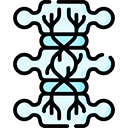
Chronic Pain
Causes of Back Pain
Back pain can stem from many sources, including:
Muscle or ligament strain – Often caused by heavy lifting or awkward movements.
Herniated or bulging discs – When spinal discs press on nearby nerves.
Spinal stenosis – Narrowing of the spinal canal that causes nerve compression.
Degenerative disc disease – Age-related wear and tear on spinal discs.
Arthritis of the spine – Inflammation of the facet joints leading to stiffness and pain.
Fractures – Often related to trauma or osteoporosis.
Symptoms That May Accompany Back Pain
Pain localized to the lower or upper back.
Stiffness or reduced mobility.
Radiating pain into the buttocks, hips, or legs.
Numbness or tingling in the extremities.
Weakness in the legs or difficulty walking.
If your pain lasts longer than a few weeks, interferes with daily activities, or is accompanied by neurological symptoms (numbness, weakness, bladder or bowel issues), it’s important to seek medical care promptly.
Diagnosis at Desert Spine and Pain
We take a comprehensive approach to diagnosing back pain:
Medical history and physical exam – Understanding when and how the pain began.
Imaging – X-rays, MRIs, or CT scans to detect structural problems.
Specialized testing – Nerve conduction studies or diagnostic injections when needed.
Our goal is to identify the exact cause of pain and create a personalized treatment plan.
Treatment Options
Treatment depends on the cause and severity of back pain. At Desert Spine and Pain, we prioritize conservative treatments before considering surgery:
Non-Surgical Care
Physical therapy and rehabilitation
Pain management medications
Epidural steroid injections
Lifestyle and posture modifications
Surgical Options (when necessary)
Minimally Invasive Spine Surgery – Small incisions, shorter recovery. Read more about Minimally Invasive Spine Surgery
Disc Replacement – Motion-preserving alternative to fusion.
Spinal Fusion – Stabilizes the spine when degeneration or instability is severe.
Complex Reconstruction – For deformities like scoliosis or failed prior surgeries.
Why Choose Desert Spine and Pain for Back Pain?
Expert diagnosis – Dr. Greenwald has decades of experience identifying the true cause of pain.
Advanced technology – We use the latest imaging and minimally invasive surgical tools.
Compassionate care – We take time to explain every option so patients feel informed and confident.
Comprehensive services – From physical therapy referrals to advanced surgeries, all under one roof.
Frequently Asked Questions
What makes Desert Spine and Pain different from other spine centers?
Unlike many orthopedic practices, Desert Spine and Ortho is led by a board-certified neurosurgeon. This means you receive care from a surgeon trained in both the spine and brain, ensuring unmatched expertise.
Do I need surgery for my back or neck pain?
Not always. Many patients improve with non-surgical treatments. Surgery is only recommended when conservative care fails or when a condition threatens long-term health.
What conditions do you treat?
We treat everything from herniated discs, sciatica, and spinal stenosis to complex spinal deformities and revision cases.
How long is recovery after spine surgery?
Recovery depends on the procedure. Minimally invasive surgeries often allow patients to return to normal activity within weeks, while more complex surgeries may require several months.
How do I schedule an appointment?
Simply call our office or use our online contact form to request a consultation. Our team will guide you through the process and help you get started.
Book your Spine Care Consultation Today!


Desert Spine and Pain
Patient Centered & Partner Focused
Quick Links
Resources
Connect With Us
© Desert Spine and Pain. 2026. All Rights Reserved. Sitemap

